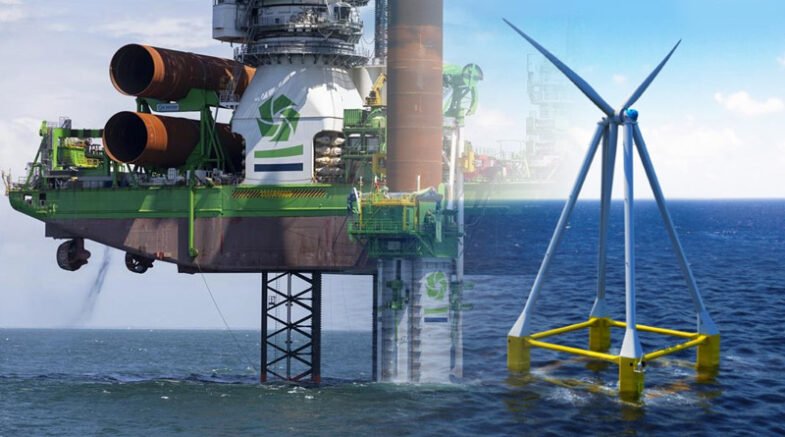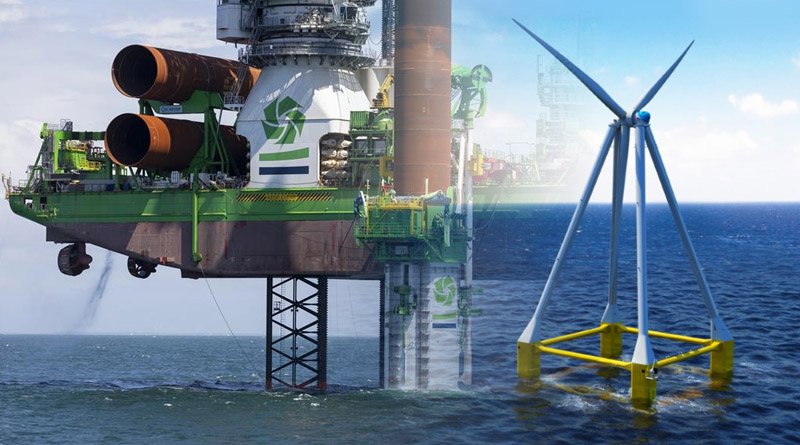Projects with a combined budget of €400 million are planned for the first ten years of operation, with roughly two thirds private funding and one third public funding.

The creation of the OPEN-C Foundation, which will be Europe’s largest offshore testing facility for floating wind turbines and renewable marine energy, was announced last week by ten public and private founders (Ifremer, Centrale Nantes, ITE France Énergies Marines, EDF, RTE, TotalEnergies, Technip Energies, Valorem, Valeco, Énergie de la Lune).
Floating wind turbines, tidal energy, wave energy, offshore hydrogen production, and floating solar systems will all be the subject of offshore experiments that will be managed, planned, and organised by the OPEN-C Foundation, which was created after three years of teamwork.
It is a high-impact project that aims to strengthen France’s position on these strategic issues and help the energy transition proceed more quickly.
This project was just announced a few days after the European Commission on March 16th proposed the Net-Zero Industry Act to expand the production of clean technology within the EU and make sure that the Union is well-prepared for the switch to clean energy. In addition, the EU approved the world’s first green shipping fuels law on March 22 in favour of a mandate for at least 2% of green shipping fuels by 2025 as opposed to the most recent agreement of a mandate by 2030.
Over the next three years, the Foundation wants to make a number of significant global innovations more dependable, including the testing of five different second-generation floating wind turbine prototypes, the production of offshore hydrogen energy, and the testing of floating photovoltaic systems.
The Foundation claims that using a test site like the OPEN-C Foundation’s allows project leaders to accelerate and reduce the risk of high-stakes experiments while taking advantage of facilitation tools like authorizations, connection infrastructures, site characterization data, and research team feedback.
The OPEN-C Foundation’s first Board of Directors, which consists of 10 founding partners and qualified individuals, will convene in the coming days to elect the office and its president, who will name a general manager tasked with bringing the foundation to life on an operational level.
Projects with a combined budget of €400 million are planned for the first ten years of operation, with roughly two thirds private funding and one third public funding.
The project has received support from five regions that have historically been involved in the growth of this new industrial sector: Normandy, Brittany, the Pays de la Loire, Occitanie, and the South Region. On the Board of Directors, they will be represented by capable individuals.
Along with the 10 founders and the five regions, there will be representatives from the fishing industry, environmental protection organisations, the research community, and the business community. These discussions will occasionally be heated, but they always promise to result in well-considered decisions.
Today’s energy transition is being implemented, which prompts a proactive search for answers. MREs (marine renewable energies) will undoubtedly contribute to the solution. Sea trials are a requirement for technological innovation in this field, according to Bertrand Alessandrini, the founder and coordinator of marine infrastructure at Centrale Nantes. Today, there is a significant acceleration in the development of MREs.
